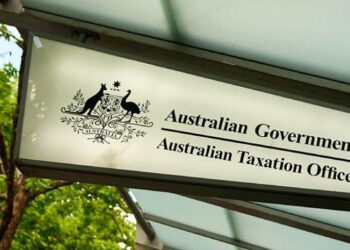Meg Heffron, director of Heffron, said a common problem for SMSF accountants and advisers is making sure their clients’ SMSF trust deeds are up to date and solidly drafted.
“Review the deed every five years is a common rule of thumb,” she said.
“But it’s actually far more nuanced than that.”
Ms Heffron said for a trust deed to stand the test of time it needs to do three things. The first is to deal with death.
“These days, funds are often ‘whole of life’ structures because of the valuable estate planning and tax opportunities they present, but it’s critical that the deed handles death well too,” she said.
Additionally, for a trust deed to handle the death of a member, it needs to properly allow for binding death benefit nominations.
“Trustees should also determine who will have control of the fund once a member dies,” she said. “The trust deed should outline particular actions to be taken such as starting pensions or paying lump sums when a member dies.”
The second element a trust deed should include is the trustee and member rules.
“Death is one scenario where the trustee and member rules become critical but there are also others,” she said.
Similarly, deeds that require funds with individual trustees to have at least two trustees at all times won’t cater for cases where this is actually not required by law.
“Good examples of this are immediately after the death of a member where the surviving trustee can act alone for six months and sometimes longer,” she said.
“Or the incapacity of one member/trustee in a two-member/trustee fund where the other holds an enduring power of attorney. In this scenario, the ‘single individual trustee’ can remain for life.”
Ms Heffron added that the trust deed should also outline clearly how decisions are made. “For corporate trustees, the constitution becomes critical here but for funds with individual trustees, the deed should also factor in those rules.”
All members, as well as the fund’s accountant and adviser, should be aware of the directions put in place and whether they impact strategic decisions such as withdrawals designed to even out balances, or protect non-dependants from tax which might mean control moves from one member to another.
“There’s not necessarily a right or wrong approach here, it’s just important to know what you have,” she added.
Finally, a trust deed should not be too prescriptive, she said. “Trust deeds are one area where less is more,” she continued.
Although it’s not as common as it once was, Ms Heffron said there are still deeds that have specific requirements that pensions start when a member reaches 65 or retires.
“This might be entirely undesirable for someone who turns 65 just before the transfer balance cap increases,” she said. “Or someone who doesn’t want to start a pension for some other reason.”
There are also some deeds that limit contributions to those specifically covered by the deed, or limit benefit payments to those made in situations where members have met specific conditions of release.
She added that such conditions in a deed are unnecessarily complex and don’t provide any valuable protection or benefit for the members.
She concluded the most important issue for advisers and accountants is to ensure they understand the deed and know when it needs to be updated.
“They should understand any particular quirks needed to allow for all the normal things they do such as setting up pensions, making contributions, recommending strategies,” she said.


